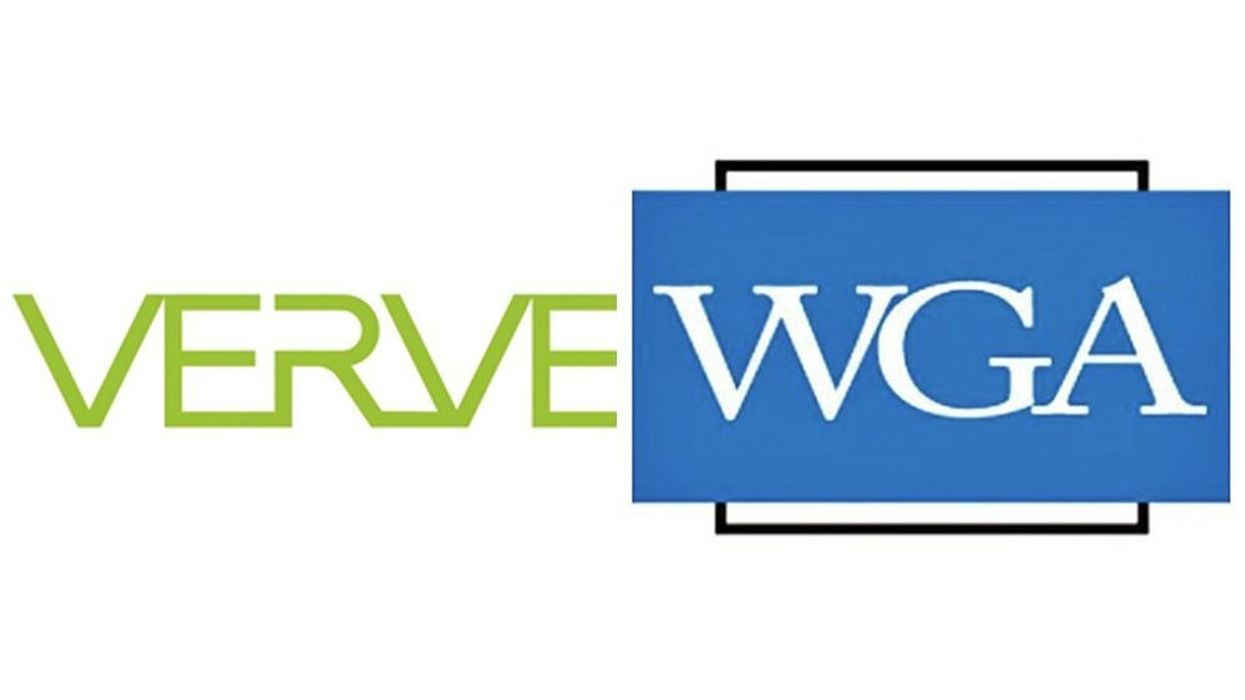An Agency Cracks and Sides with the Writers
The Verve Agency decided to break ranks and sign the Writers' Code of Conduct. What does that mean for the industry?

After months of agents and writers trying to make a deal, the two sides parted ways in late April. Members of the WGA left their representation and foraged into a brave new world where they relied on networking to get jobs...and...it was a lot like the old world?
Writers came together through hashtags like #WGAStaffingBoost and #WGASpecList to create their own staffing season. The WGA launched several website features where writers could upload their pilots or specs for showrunners and producers could access them. This has been going fairly well with many writers reporting getting more meetings and opportunities.
This time, without conflicts of interest.
While this is wonderful for writers and the WGA, it left agents wondering what to do.
Well, this week, the Verve Agency, which only represents writers and directors, signed the WGA's code of conduct and rejoined the good graces of the WGA. After Verve signed the Code of Conduct, the ATA released this statement:
“The WGA leadership has put writers and agents alike in an untenable position...It is disappointing but not surprising that some of the most vulnerable agencies may reluctantly be forced to sign an onerous agreement. While Verve is not an ATA member agency, their decision to sign the WGA’s Code will ultimately harm their business and the artists they represent on many levels. With 30 days now passed since the agencies provided the Guild’s Negotiating Committee with numerous counter proposals, we’re still waiting for them to respond or return to the negotiating table.”
It's not surprising that the ATA is upset over them signing, as it weakens their stance about packaging. But Verve wanted to stay in business and knew representing writers was the way to do it. In an email to staff, Verve’s partners said,
“In 2010, Verve established itself as an agency where clients’ interests are the top priority. Today, we affirm that commitment by signing the WGA Code of Conduct. As a result of our meaningful dialogue with our clients and their elected leadership, Verve has decided this course of action is in the best interest of our clients and our company. Although there will be modifications to our business practices that are necessitated by today’s decision, one thing that will not change is our commitment to providing long-term, premium service to our clients. Verve provides a customized experience for each client and we refuse to dilute our efforts. As a result, we will not take on writers who seek temporary representation and intend to return to their previous agency when a deal is made between the WGA and the ATA. We are proud that our agency continues to forge its own path forward, but we are even more excited to see the spotlight returned to where it belongs – on our creators. A note of gratitude to you, our teammates. You have shown resilience and compassion during these challenging times, and that gives us tremendous faith in our collective ability to shine in the future.”
The statement was signed by partners Bill Weinstein, Adam Levine, Bryan Besser, Amy Retzinger, Adam Weinstein and David Boxerbaum.
So what does this mean for the big 4 agencies (CAA, WME, UTA, ICM)?
As Verve breaks ranks and signs, this puts a lot of pressure on the other agencies to come to the table. Still, the big 4 make a lot more on packaging than Verve did, so they have a lot of money to lose. That and the idea that they're going to go public and have to answer to investors makes it hard to see a world where they relinquish the right to package.
That, plus the pending WGA lawsuit against CAA, WME, UTA, and ICM doesn't make it seem like negotiations will end soon.
ATA Executive Director Karen Stuart heaped blame on WGA for the standoff and insisted that Verve will become beholden to the guild.
“To be clear, the Code is a unilateral mandate that gives the Guild the authority to control agency business operations and sets a harmful precedent for agencies of all sizes,” Stuart said to ATA members.
Stuart went on to state:
“While the ball on negotiations remains firmly in the WGA’s court, our Negotiating Committee continues to meet every week, and remains committed to bringing about stability in our industry,” she added. “As always, we will continue to keep you informed and you should always feel free to reach out to me and/or anyone on the negotiating team with any questions. We are happy to meet with you and your leadership team at any time – in your office or ATA’s.”
Hopefully, each side can find common ground and get back to negotiating. Now, if you're a writer and think you absolutely need an agent, try to get in with Verve.
What's next? Explore the Writer v. Agency Debate
A 40-year agreement is about to come to an end. And the future of writer representation hangs in the balance. The WGA and ATA are going 12 rounds over the Artists' Manager Basic Agreement, a document signed into existence in 1976 that outlines the basic tenements of how Agents and Managers should represent writers. Now that the vote is in, go back to the debate and see what's to come!
Last year, the WGA decided that based on data and testimony collected that agreement needed a serious revamp. Hollywood does not look at all like it did in 1976, and the rise of agencies, packaging fees, and digital has created murky waters. The Association of Talent Agents, or ATA, was approached by the WGA to start a new negotiation based on these grievances.
Read the article to get the full scoop!










![Ethos, Pathos, Logos: 20 Effective Ways to Advertise [Infographic]](https://nofilmschool.com/media-library/ethos-pathos-logos-20-effective-ways-to-advertise-infographic.jpg?id=34064614&width=600&height=600&quality=90&coordinates=560%2C0%2C0%2C0)

